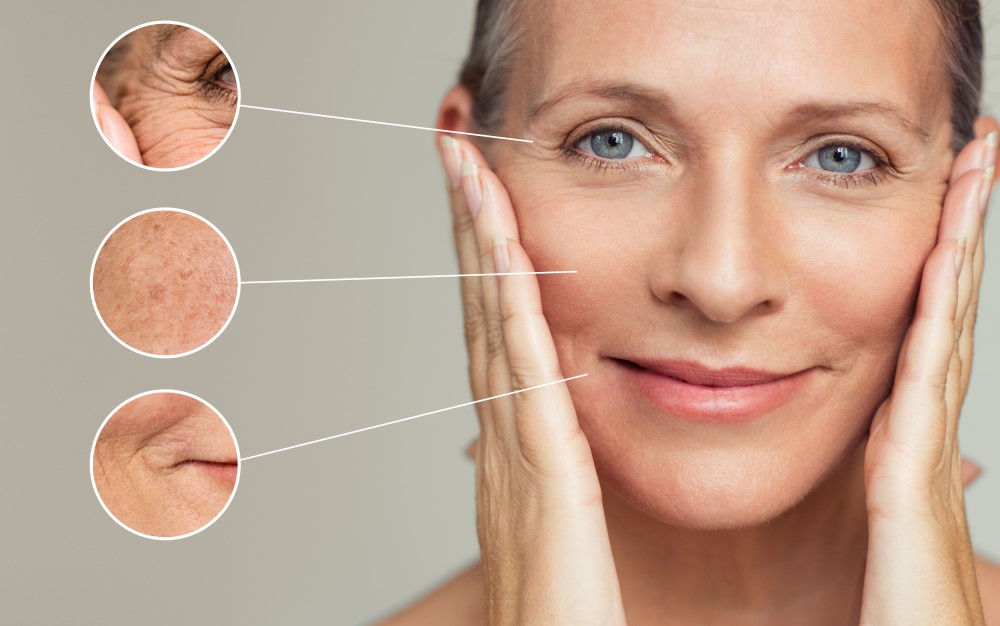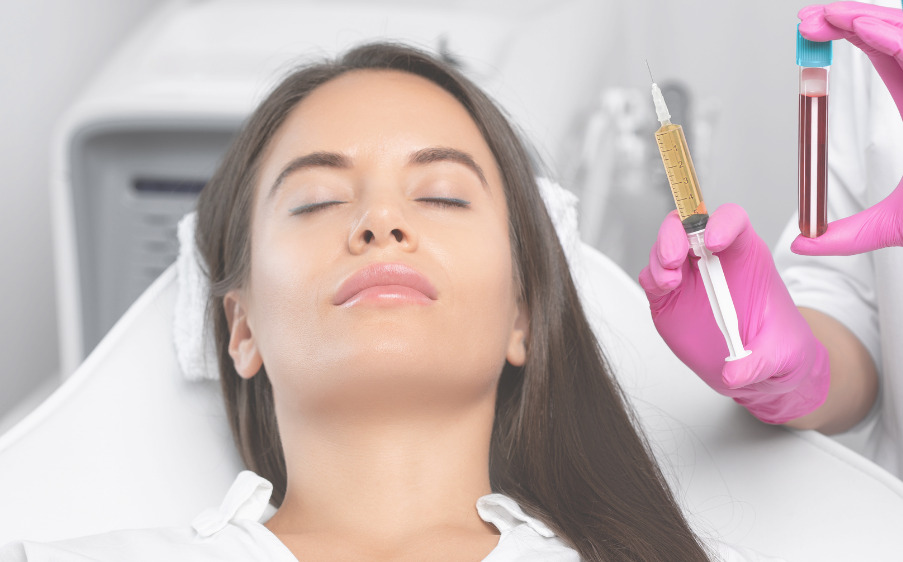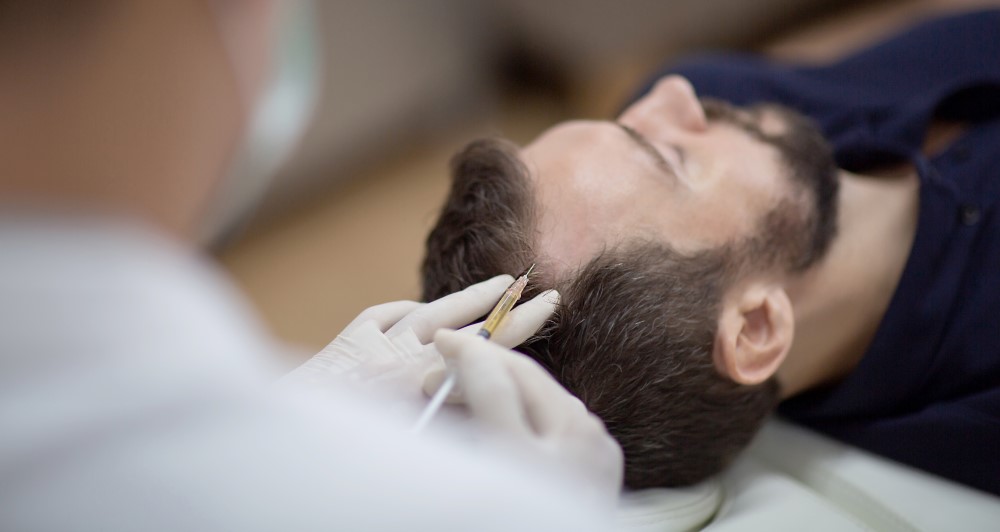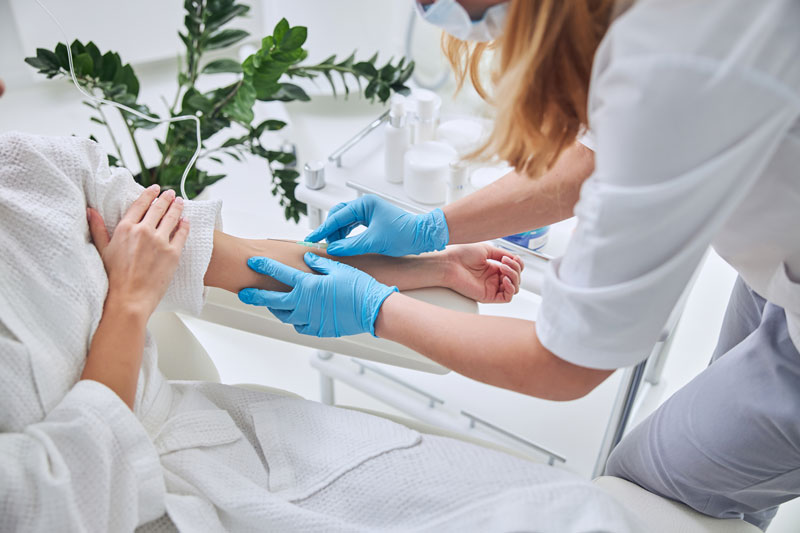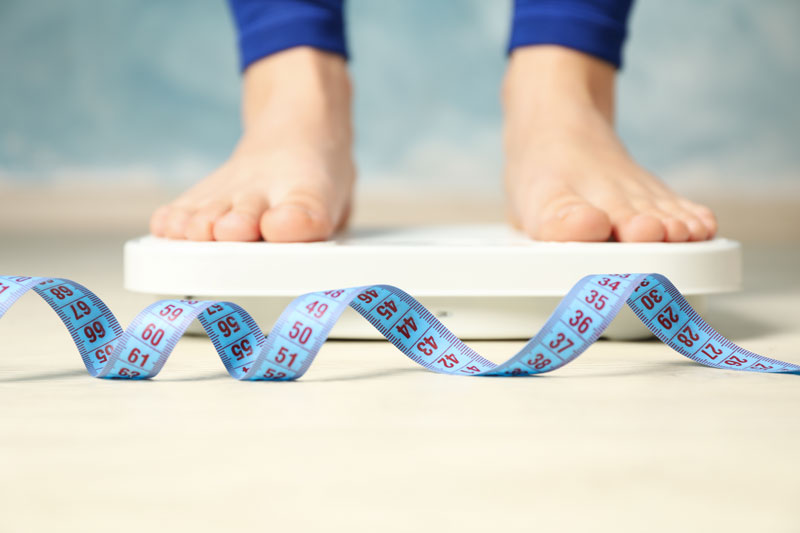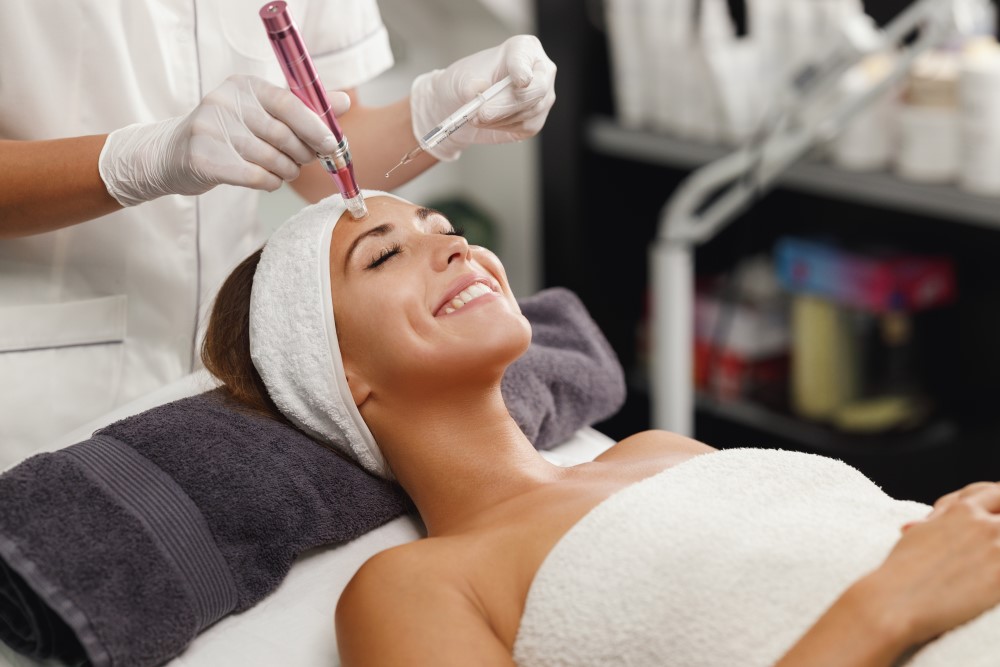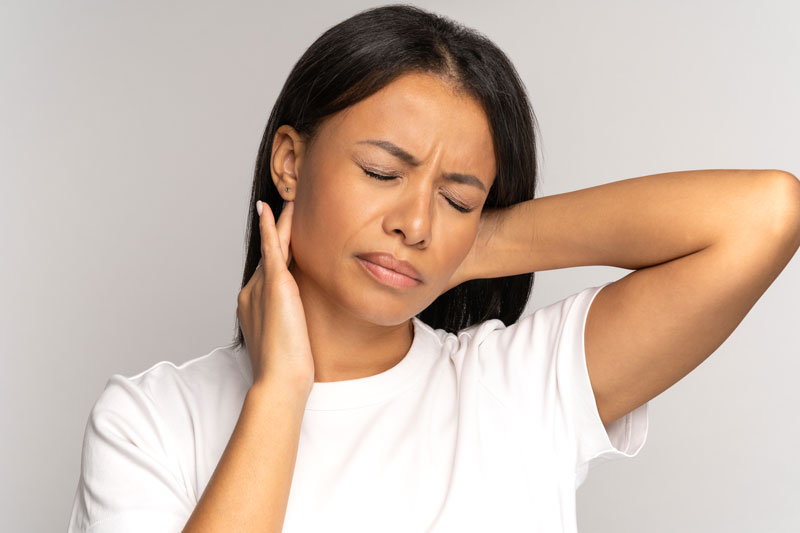What Does Testosterone Do?
Testosterone is a hormone or chemical messenger. It’s the primary male sex hormone, which means it affects sexual development and reproduction. Both men and women have testosterone, but men have much higher levels of it.
Testosterone is responsible for a number of the physical changes you go through during puberty, including voice changes, penile and testicular development, facial and body hair, and bone and muscle growth.
Testosterone continues to play an important role in adulthood. It regulates a number of bodily processes, including:
- Libido (sex drive)
- Sperm production
- Bone density
- Muscle mass
- Fat distribution
- Red blood cell production
Testosterone affects your mood and energy levels. If you have low testosterone or a hormonal imbalance, you may experience a number of health problems.

What is Andropause?
Andropause, also known as “low T,” refers to symptoms that result from an age-related drop in testosterone. It’s normal for testosterone production to gradually start declining by the time a man reaches his late 20s. This often starts to cause some noticeable symptoms by the time a man reaches his early to mid 40s.
Men who seek treatment for low testosterone report symptoms including:
- Erectile dysfunction (ED)
- Decreased libido
- Hair loss
- Loss of muscle mass
- Unexplained weight gain
- Low energy
- Mood changes, including depression and irritability
- Difficulty concentrating
Another term for andropause is “male menopause.” It’s true that, like menopause, andropause describes symptoms from an age-related drop in sex hormones, but the conditions are different in many ways. Unlike menopause, you can still reproduce after undergoing andropause, and the change in hormone levels is gradual rather than sudden. It is also different where men notice symptoms at varying hormone levels. Some men notice symptoms at levels that are higher or lower levels than others. So, you might be told “your levels are normal” but you still might be symptomatic.
How is Low Testosterone Treated?
The symptoms of low testosterone can be the result of other conditions, so your provider may order a blood test to confirm that you do have low testosterone. Advanced PainCare and BioHealth Institute offers testosterone replacement therapy (TRT), which can restore your testosterone levels and improve the symptoms of low T.
TRT is available in several forms, each with its own advantages. At Advanced PainCare and BioHealth Institute we use Pellecome® pellets for hormone therapy, which contain bioidentical hormones that mimic those naturally produced by your body.
While providing TRT, your provider also discusses healthy lifestyle changes, which can naturally boost your testosterone levels. This can include eating a nutritious diet, losing excess weight, exercising, and keeping a regular sleep schedule. TRT, in turn, can make it easier to follow these lifestyle changes.
To learn how testosterone replacement therapy can revitalize you, schedule an appointment at Advanced PainCare and BioHealth Institute by calling the office or booking online today.



